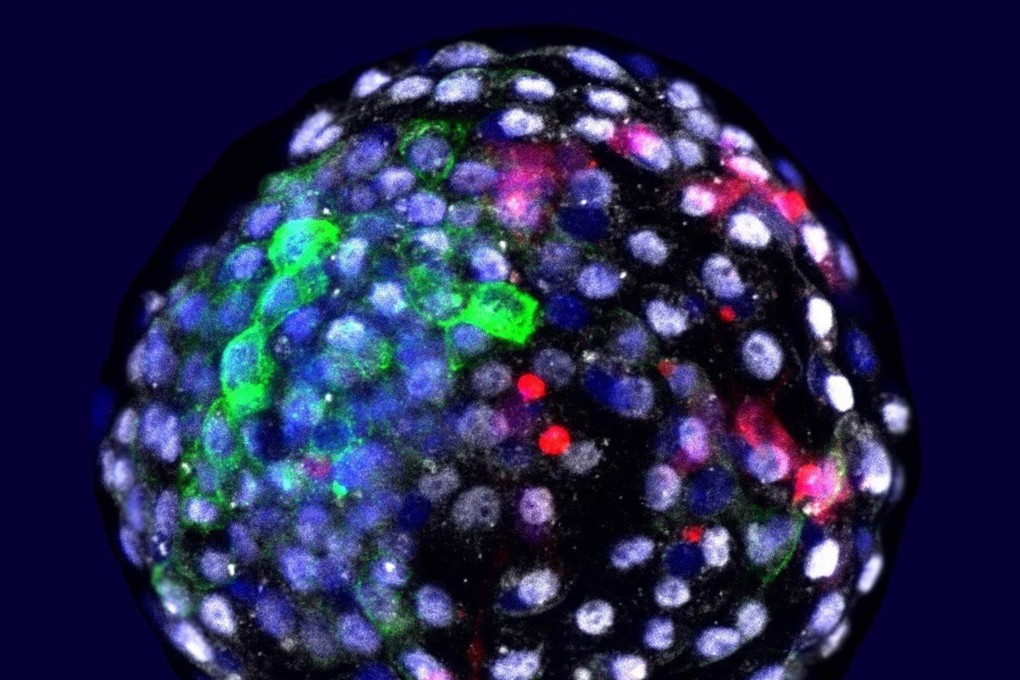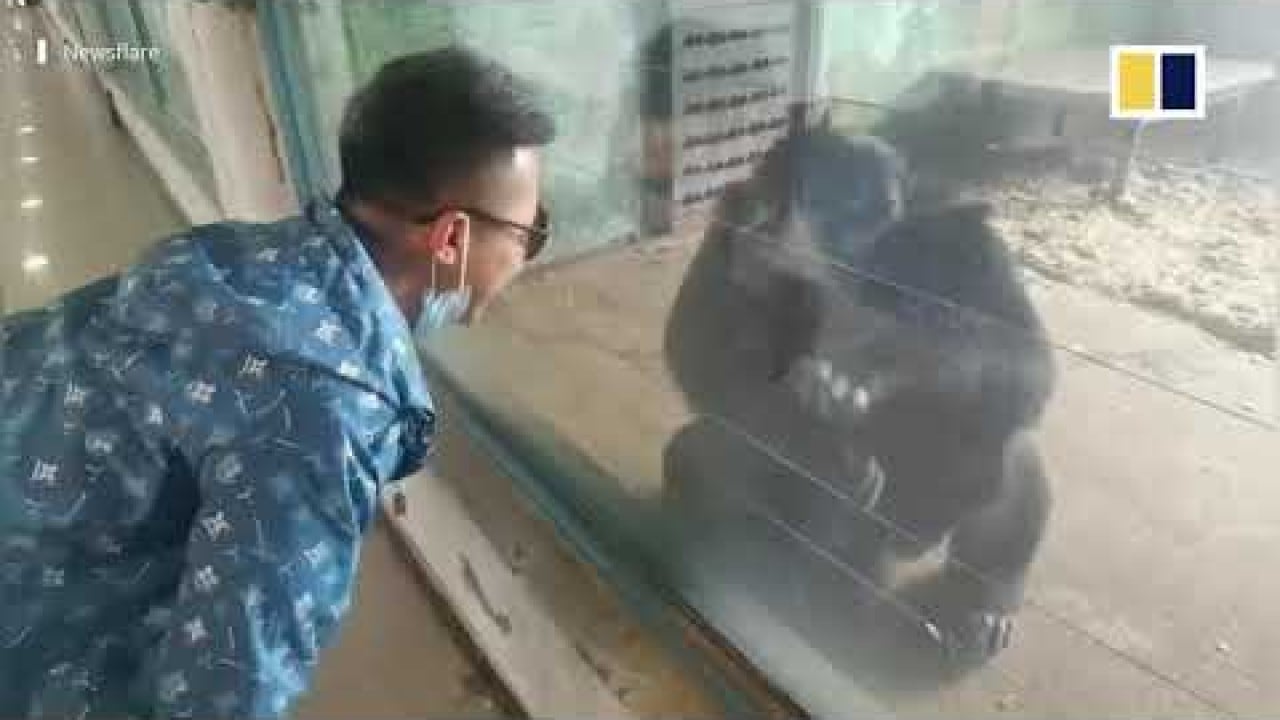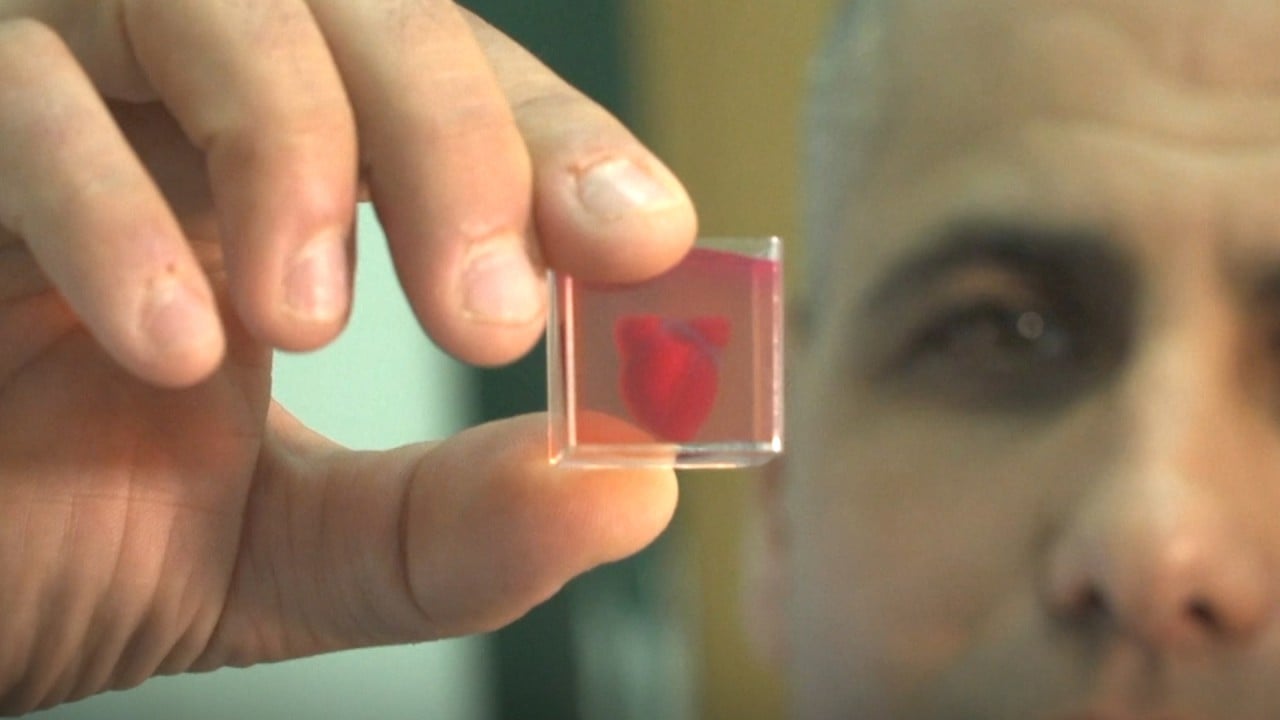China-US scientists grow first human-monkey embryo, but is it ethical?
- It’s not in bad taste, says Chinese researcher after injecting human stem cells into macaque embryos to explore possibility of growing organs for transplants
- Most of the embryos died and others grew only low levels of human cells, but the progress achieved leads some to raise fears over where the experiments may lead

The researchers grew the mixed embryos, or chimeras, in test tubes for up to 20 days, said a paper published on Thursday in the journal Cell.
“This is not a work of bad taste, but [one] of highly practical value,” lead author Tan Tao, of Kunming University of Science and Technology, was quoted by state newspaper China Science Daily as saying on Friday.
But Professor Julian Savulescu, Uehiro Chair in practical ethics at the University of Oxford, said “what looks like a non-human animal may mentally be close to a human”. “This research opens Pandora’s box,” he said in a statement on Thursday.
But the human stem cells did not fare well in monkey embryos, with most embryos dying during the experiment and the few that survived having only 4 to 7 per cent human cells.
In chimera studies, this nonetheless represented progress. Many research teams have grown embryos of animals with human cells. One experiment in 2017 produced 1 per cent human cells in mouse embryos, while in pigs 0.001 per cent human cells was achieved.

